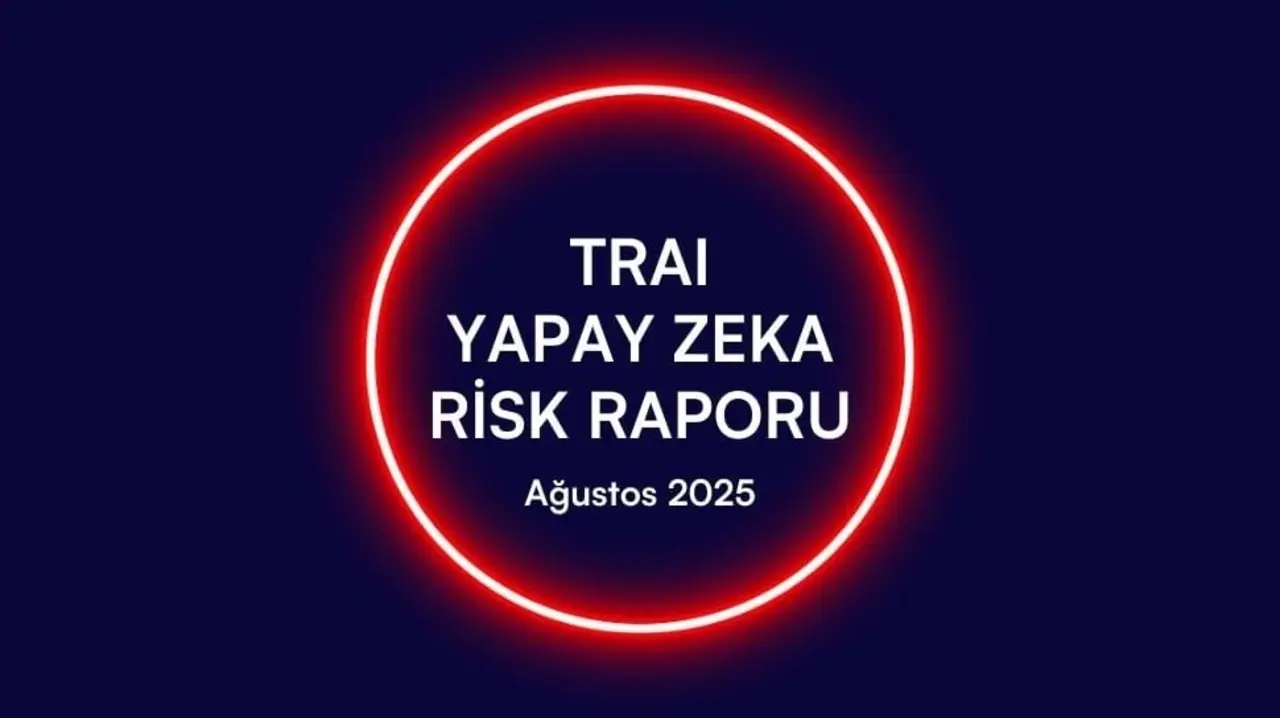The Turkish Artificial Intelligence Initiative (TRAI) has published the “Artificial Intelligence Risk Report,” which examines the potential future threats posed by artificial intelligence. The report highlights the opportunities AI offers in many areas, including health, education, agriculture, and security, as well as the fundamental risks posed by rapid development and lack of oversight.
TRAI Shares Artificial Intelligence Risk Report
According to TRAI, among these risks that will impact the future of humanity are autonomous weapons that make decisions without human intervention and their military use, unemployment and economic instability resulting from the effects of automation on the labor market.

The report also addresses data privacy and confidentiality violations, injustice and bias caused by systems trained with biased data, and accountability problems arising from the lack of transparency in algorithms.
Furthermore, the spread of fake content and disinformation such as deepfakes, the unmanageability of self-improving AI, and the weakening of human capabilities due to excessive dependence on technology are among the key risks.
The report also highlights the potential for AI-based cyberattacks to target critical infrastructure and the environmental impacts of AI models’ high energy consumption.
The published report states that the risks are more social, legal, and ethical than technical. TRAI states that a reliable AI ecosystem requires strong regulations and prioritizes ethics and transparency. The agency recommends establishing national ethical principles, increasing international collaboration, and fostering a culture of responsible AI.













